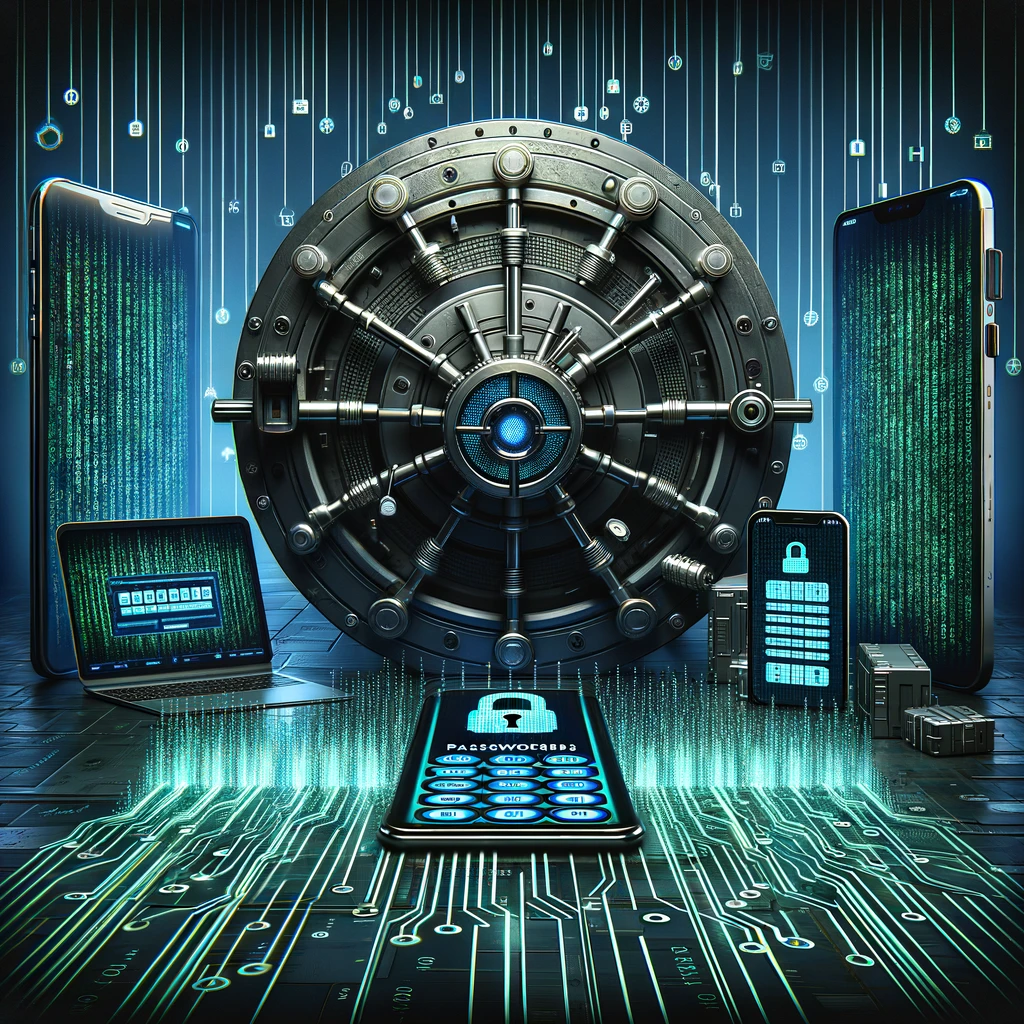
Passwords are so common that we sometimes forget their crucial role. They act as the keys to our online world. Just as you use a key for your house, car, or office, passwords secure your online spaces. They confirm your identity and grant you access.
They are often the main, if not the only, line of defense against unauthorized access. Passwords might be all that’s standing between your personal and financial information and those who might misuse it.
In short, the significance of passwords in safeguarding your valued assets cannot be overstated. They deserve the same attention and care as the keys to your house or car.
How Many Passwords Do You Have?
Like many people, you likely use the internet every day, switching between devices like smartphones, tablets, desktops, and laptops. Each day, you visit numerous websites that require you to log in – from email and social media platforms like Facebook and Twitter to online banking, shopping, bill payments, gaming, and streaming services for videos and music. Even those accounts you use less frequently, like for annual tax filing or class registrations, add up.
This leads to an ever-growing list of accounts, and with each account, a new password to remember. Often, we don’t realize just how many passwords we juggle because we lack an effective way to track them. However, once you start organizing them, it can be surprising to find that you might have a hundred or more different online accounts.
How Do Password Managers Help?
A password manager is a handy app for your phone, tablet, or computer that keeps track of all your passwords for you. They help create and securely store all your passwords. This eliminates the burden of having to remember each one. We are frequently advised to create strong passwords for our accounts. This is where the assistance of a password manager can help. The enhance security by using unique, complex passwords for each account, is you significantly reduce the risk of multiple-account breaches.
By using a password manager, you’re enabled to set strong, individual passwords for each of your accounts, which helps avoid the security risks associated with repeating the same password across multiple sites. Features include:
- Auto-Generation of Strong Passwords: Weak or reused passwords are a significant security risk. Password managers can generate complex, unique passwords for each of your accounts, significantly enhancing security.
- Auto-Fill Convenience: They can automatically input your credentials when logging into websites or apps, streamlining your online experience while maintaining security.
- Multi-Device Synchronization: Modern password managers offer cloud-based synchronization, allowing you access across various devices, from PCs to smartphones.
- Secure Sharing Options: For shared accounts, some managers enable you to securely share login details without exposing the actual password.
- Two-Factor Authentication Integration: Many password managers support or integrate with 2FA methods, adding an extra layer of security.
- Alerts and Audits: Advanced managers can alert you to security breaches and audit your passwords for potential vulnerabilities.
Additional Security
An additional function of a password manager is they encrypt your password database. This encryption is often robust, employing advanced security protocols to ensure that even if data is intercepted, it remains indecipherable. Password managers will have you create a single ‘master’ password which ideally, only you know. Your master password is the only way to decrypt all your password data. This makes it important to take steps to protect your master password. Without it, you will not be able to get back into your account, and if compromised by a cybercriminal, they will have access to all your information.
With this in mind, it’s important to turn on two-factor authentication on the password manager account. This means that even if a cybercriminal knows the ‘master’ password, they still won’t be able to access your password manager account. Also, choose a strong ‘master’ password to control access to your password manager account (for example by using three random words).
Choosing the Right Password Manager
There are various password managers available, and many are free with some limitations. It’s a good idea to look up online reviews, features, and pricing to find one that suits your needs.
When selecting a password manager, consider factors like security features, ease of use, compatibility with your devices, and cost. Most offer a basic free version, with premium options providing additional features.
Conclusion
In conclusion, a password manager is more than a convenience tool; it’s a critical component in your cybersecurity arsenal. In an era where digital threats lurk around every corner, taking proactive steps to secure your digital identity is not just wise—it’s essential. With a password manager, you place a strong barrier between your personal information and those who seek to exploit it, ensuring peace of mind in the digital world.
At CatchMark Technologies, we assist our customers with selecting and implementing password managers in the workplace. If you would like to find out more information, contact us to learn more about how we can help.
